- Préparation
- Take-off
Making health care accessible
in isolated areas
Making health care accessible
in isolated areas
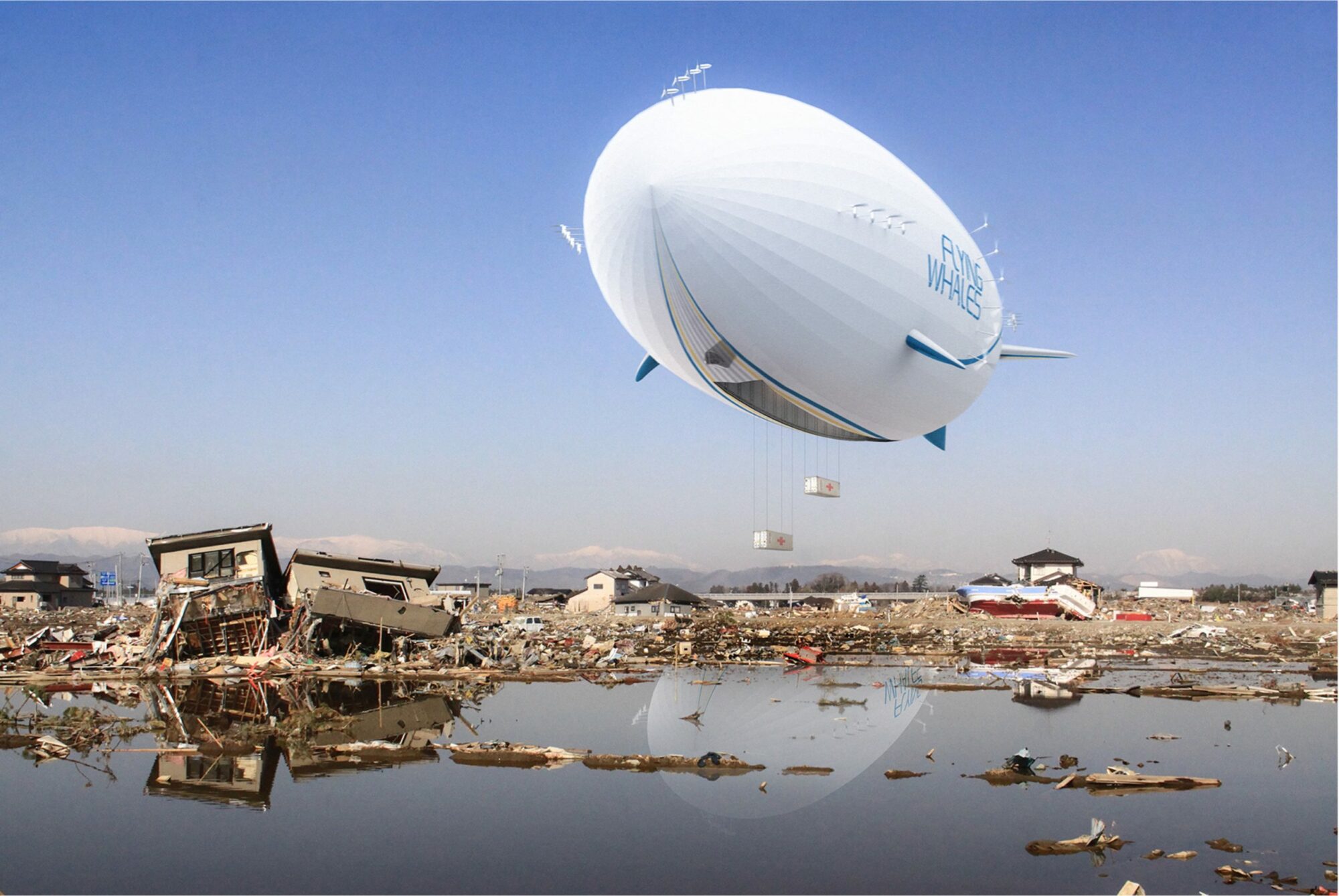
“Half of the
the world’s population
does not have access
to the care they need.
“Half of the
the world’s population
does not have access
to the care they need.
– World Health Organization
The right to health is an essential right stipulated in article 25 of the 1948 United Nations Universal Declaration of Human Rights. However, in 2021, the World Health Organization reiterates its observation that more than half of the world’s population does not have access to the health care they need.

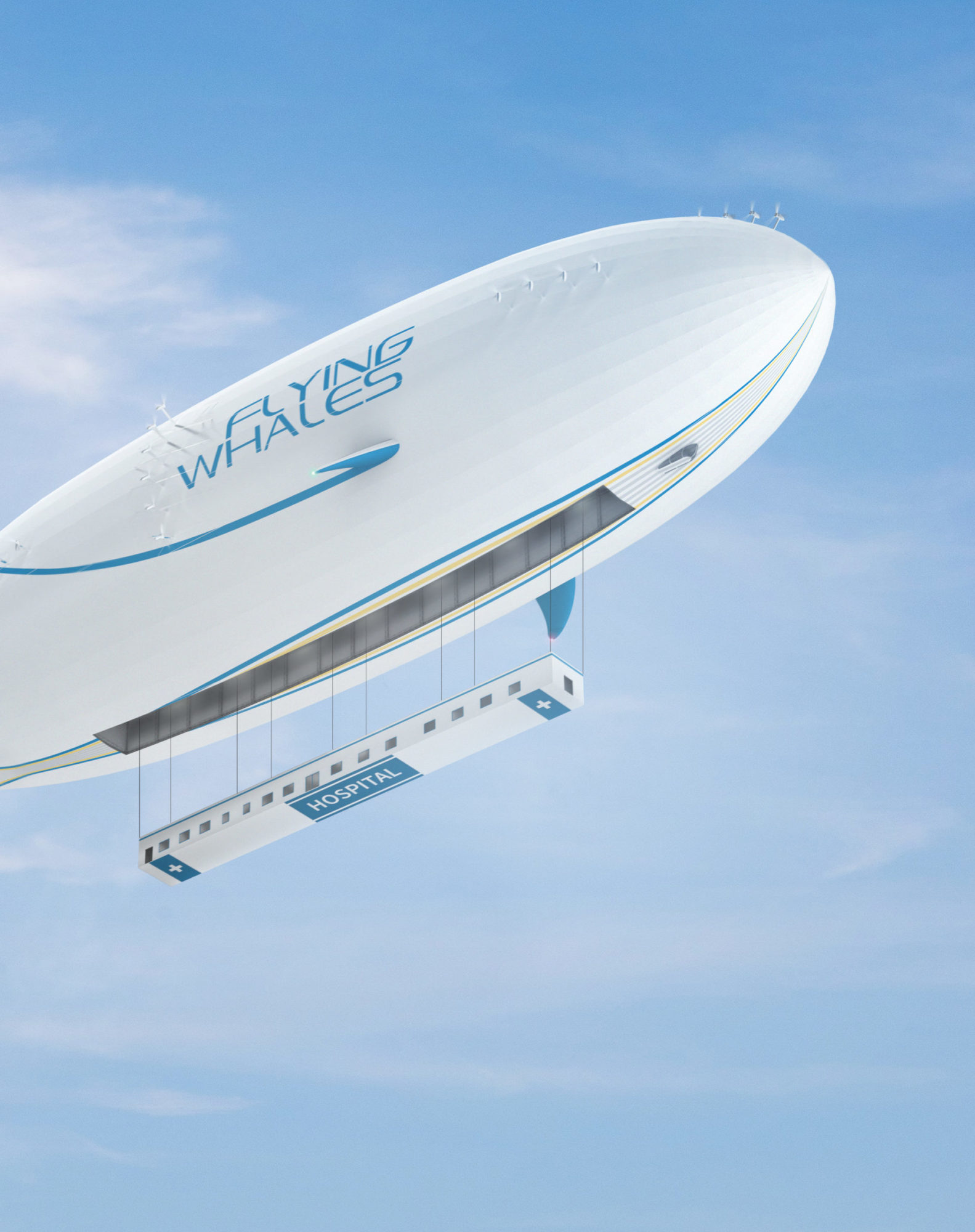
A mobile hospital
to overcome
medical isolation
A mobile hospital
to overcome
medical isolation
Thanks to the LCA60T’s carrying capacity (60 tons) and its ability to access remote areas, FLYING WHALES has designed the FLYING CARE solution. The objective of this project is to bring to isolated populations the same level of medical care as in urban centers.
FLYING CARE is an energy self-sufficient mobile hospital, transported by the LCA60T. Once deployed, the mobile hospital will operate with medical professionals and provide essential, recurrent, preventive and curative health services, such as dental, ophthalmology or pediatric care, advanced diagnostics, prevention of non-communicable diseases and even surgical interventions.
A solution aligned with
the Sustainable
Development Goals
A solution aligned with
the Sustainable
Development Goals
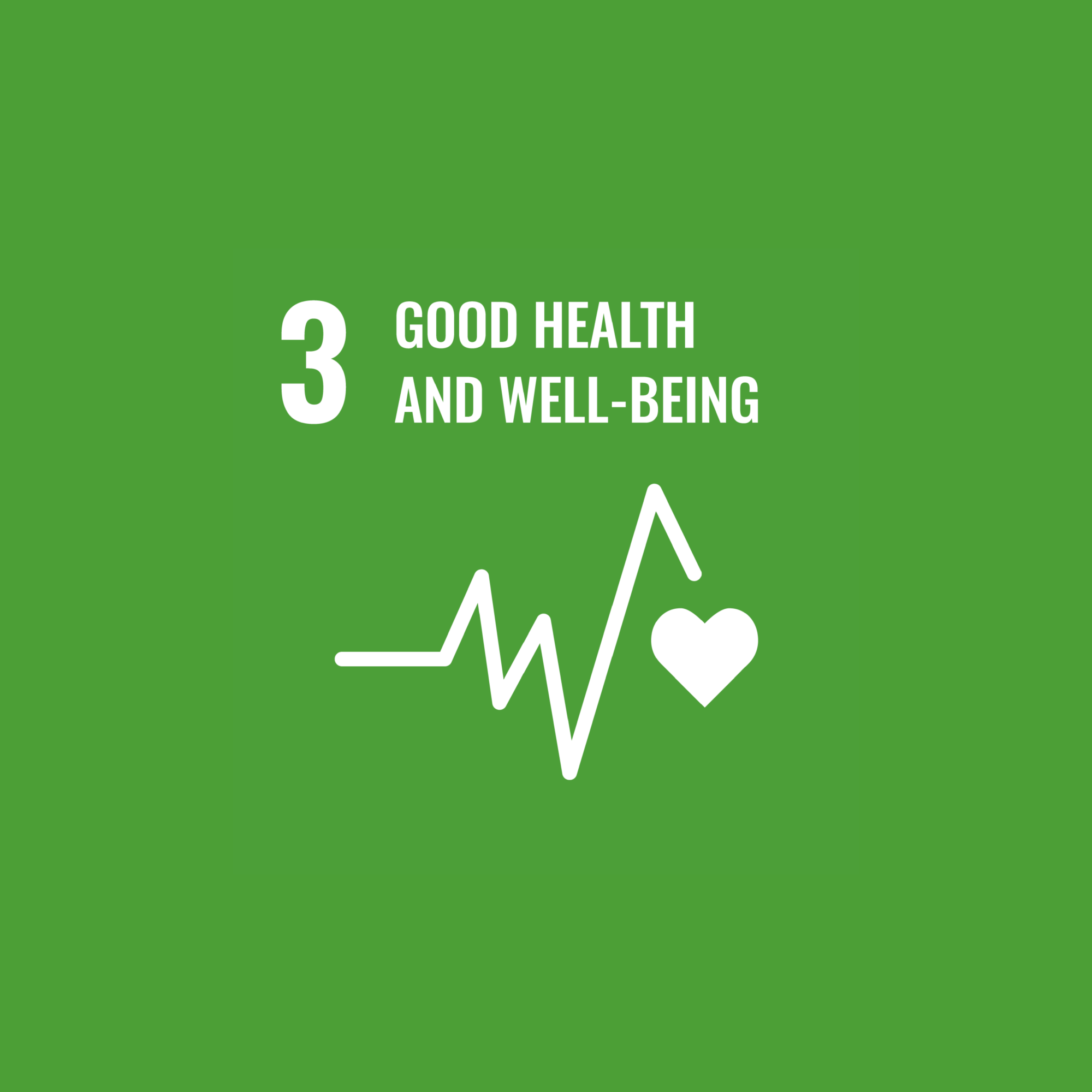
FLYING CARE will help reinforce a universal human right: access to the best possible health care.
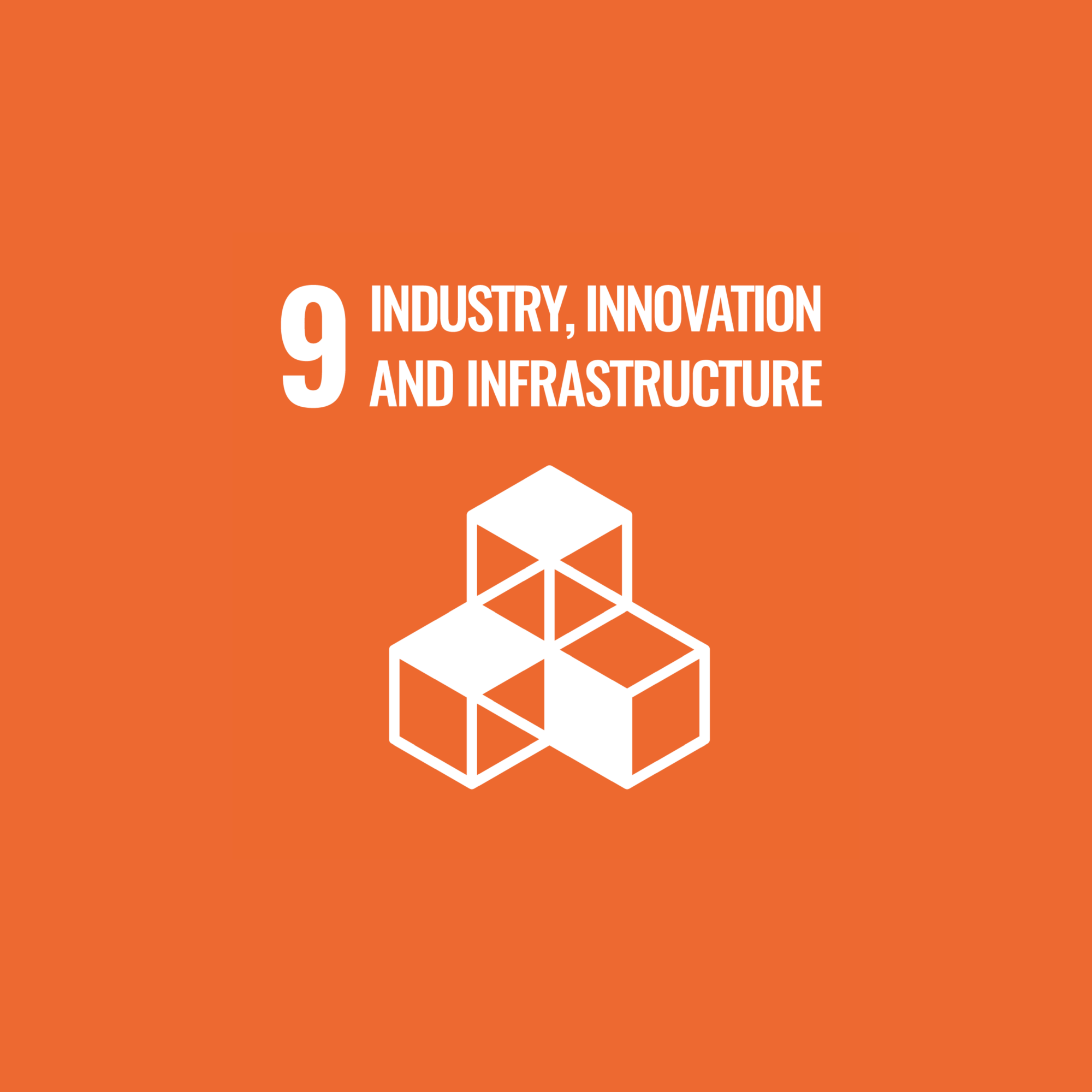
FLYING WHALES will build resilient and innovative infrastructures
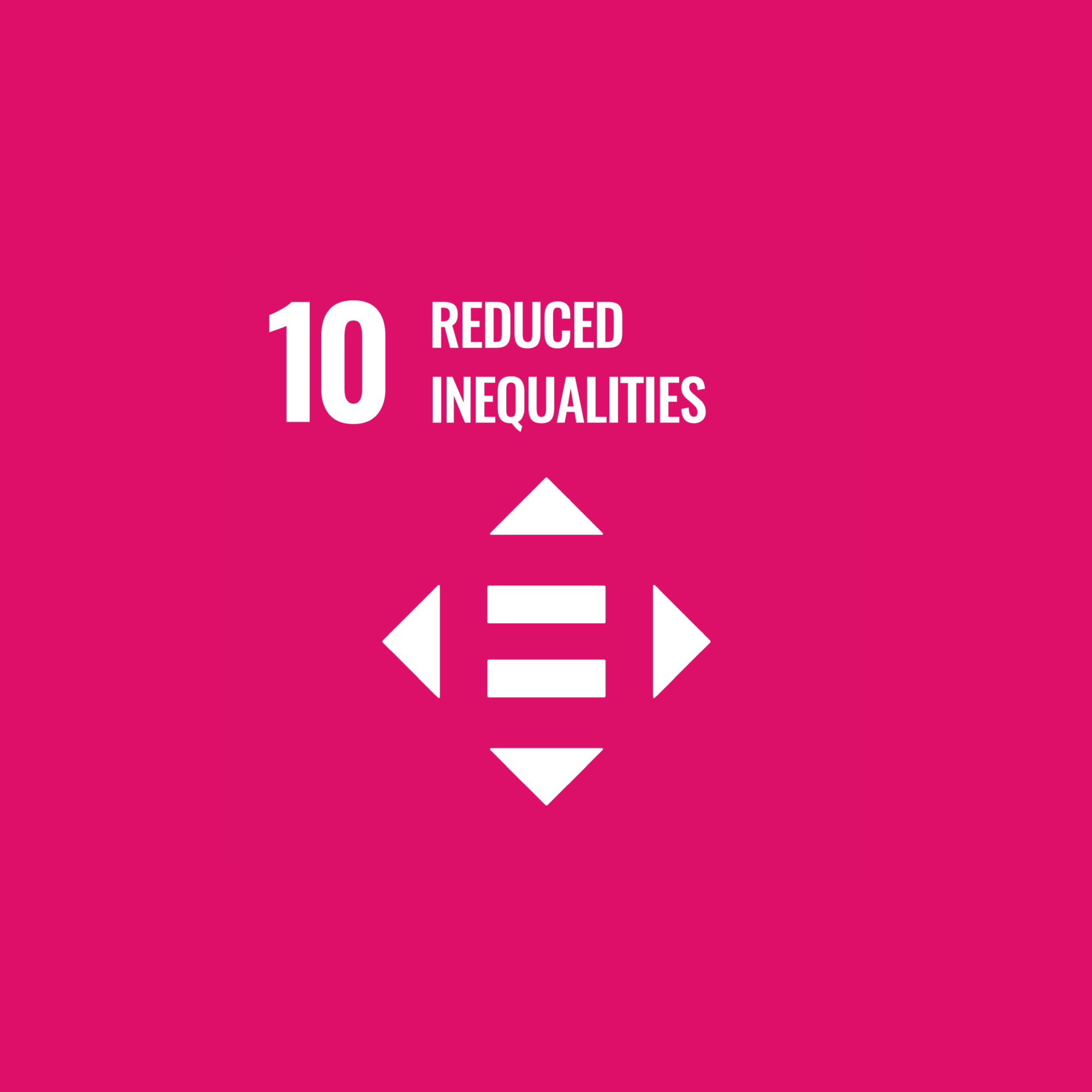
By bringing health care closer to isolated populations, FLYING CARE will make it possible to reduce the inequalities that can exist between large urban centers and regions that are more deficient in terms of health infrastructure.
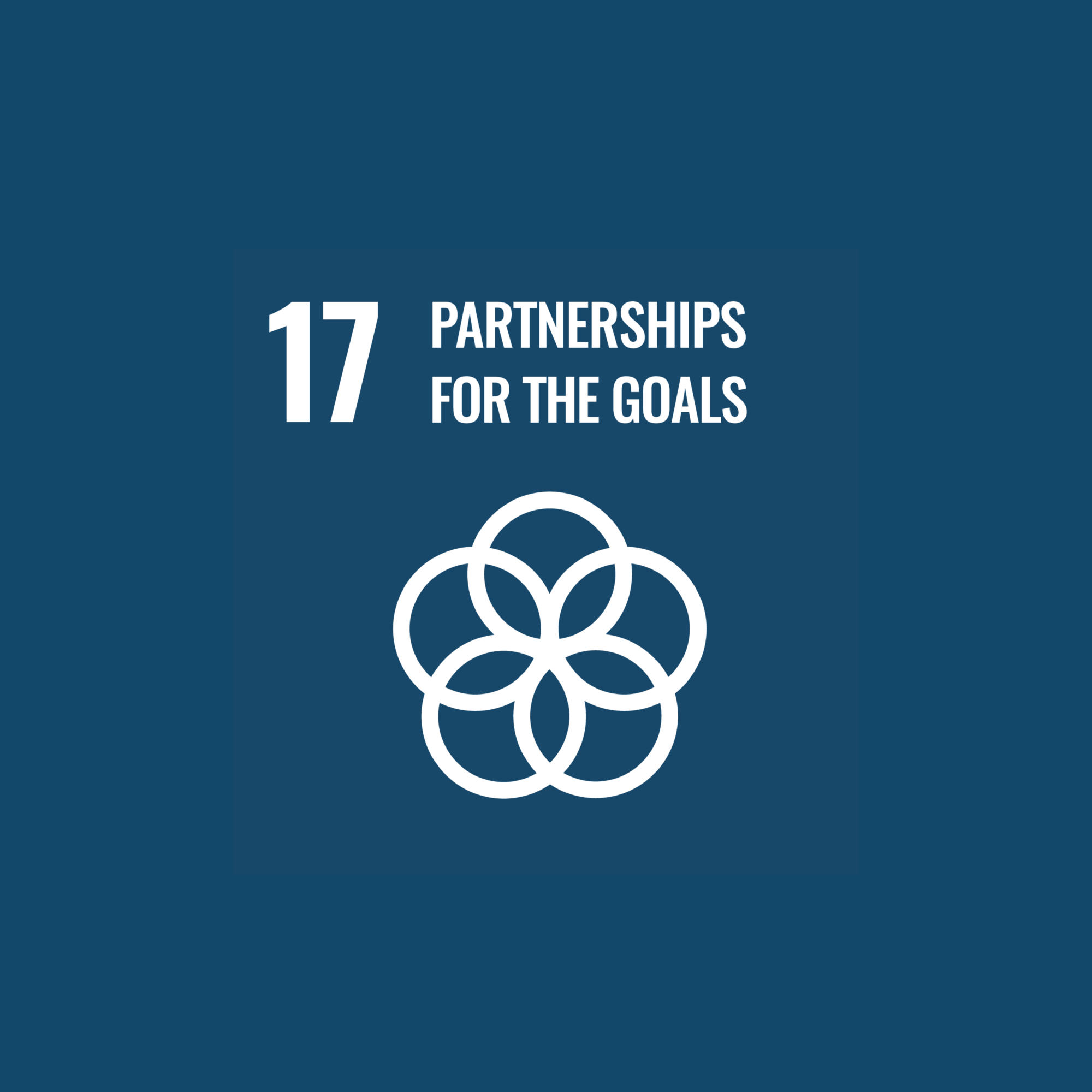
This ambitious project for the common good is based on the alliance of players specializing in infrastructure and healthcare. Collective intelligence is at work.
A dedicated
consortium
A dedicated
consortium
This medical solution is co-constructed via a study partnership initiated in 2021 and formalized in March 2022. In addition to FLYING WHALES, six partners with expertise in their field are taking part in this study: the consulting firm Roland Berger, the engineering company Ingérop, the former chief medical officer in charge of ESCRIM (Elément de Sécurité Civile Rapide d’Intervention Médicale, the French Civil Security’s projectable field hospital) Dr. Xavier Attrait, and Siemens Smart Infrastructure, which specializes in hospital technology solutions, Praesens Care designer and operator of mobile laboratories, and consulting firm specializing in medical Adopale.
The solution will be operated by local actors, in partnership with public authorities and local communities.
Testimonial
Testimonial
“The FLYING CARE mobile hospital is an ideal solution to provide high-level hospital services with state-of-the-art technology to the most remote communities that usually do not have access to healthcare. It is innovative, environmentally friendly, humanitarian and cost-effective and will contribute to the WHO and UN goals of achieving universal health coverage for an additional 1 billion people worldwide by 2030.”
